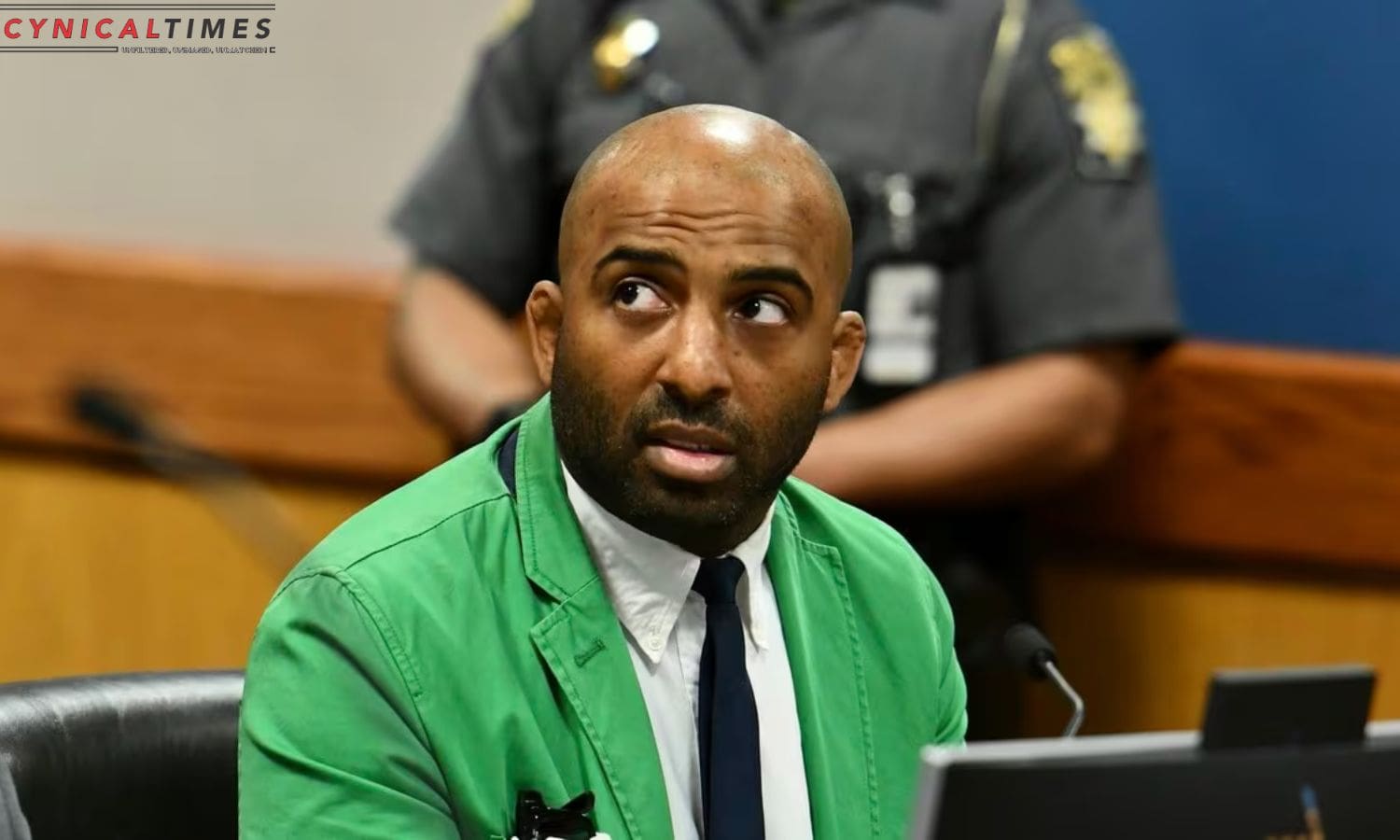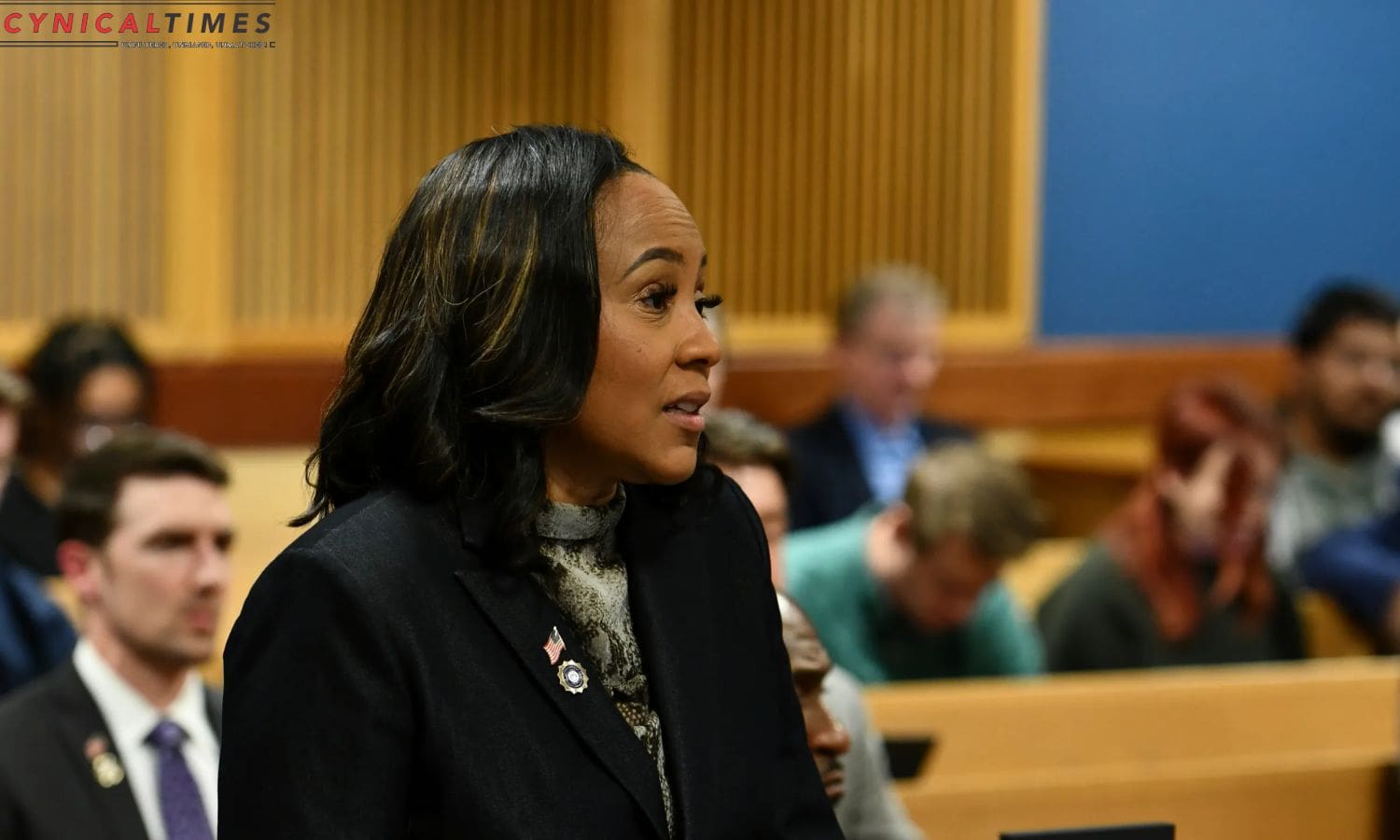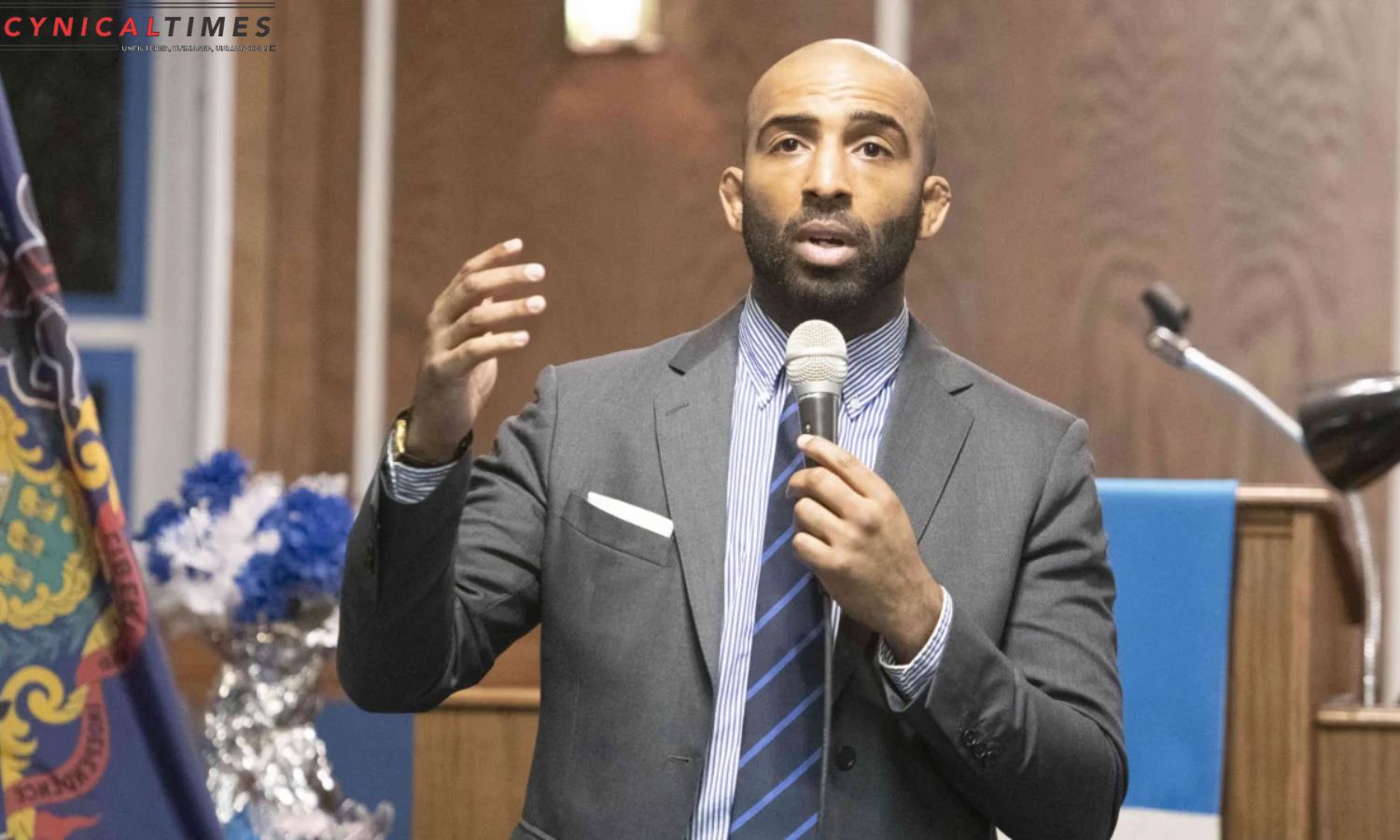Trump Defendant Social Media Saga: In the ongoing Fulton County election racketeering case involving Donald Trump’s co-defendant, Harrison Floyd, recent developments have intensified the legal drama. On Tuesday, Judge Scott McAfee opted against sending Floyd to jail for what he deemed “technical violations” of his bond agreement, emphasizing that not every violation warranted revocation.
The focal point of the hearing was Floyd’s social media activity, which prosecutors argued amounted to efforts to intimidate codefendants and witnesses. While the judge refrained from revoking Floyd’s bond, he did modify the agreement, imposing restrictions on his social media engagement. The new terms bar Floyd from making any posts, whether public or private, related to codefendants, witnesses, or individuals specified in the indictment.
Fulton County District Attorney Fani Willis took a hands-on approach, personally presenting the case—a noteworthy move in the expansive election subversion racketeering trial. Willis emphasized the significance of enforcing the court order and preventing witness intimidation.
Had the judge acceded to prosecutors’ requests, Floyd would have become the first defendant in the case to be jailed due to actions connected to the trial. Such a decision would have sent a clear signal to other defendants about the scrutiny of their public actions.


Also Read: Trump Legal Battles Shape 2024 Showdown: GOP Rivals Navigate the Chaos
Floyd, who has pleaded not guilty to three state felonies, previously spent time behind bars after being indicted earlier this year. His charges are largely linked to an alleged intimidation campaign against two Atlanta election workers in 2020, falsely accused by Trump and allies of massive voter fraud.
During the hearing, Floyd’s emotional response and his defense team’s arguments portrayed the situation as retaliatory, pointing to the rejection of a plea deal offer and drawing comparisons to Trump’s public comments on the case. They asserted a double standard, noting the prosecution’s decision not to pursue Trump for similar public remarks.
The court session included a review of Floyd’s recent social media posts, with an assistant chief investigator detailing each post. Some posts included references to Georgia election officials likely to be witnesses and comments on a conservative podcast about a cooperating defendant. The prosecution argued that Floyd’s actions posed a significant threat to witnesses and the administration of justice.


Despite the emotional and intense exchanges, the judge’s decision to maintain Floyd’s bond with added restrictions keeps the trial on track. As the legal proceedings continue, the role of social media in high-profile cases and its potential impact on witness protection remains a significant aspect of the unfolding drama. The case will resume after the Thanksgiving break, with Trump Hotels CFO Mark Hawthorn expected to testify.
Additionally, Deutsche Bank lenders involved with Trump Organization on loans central to the case are set to testify under subpoena next Tuesday. The trial’s twists and turns underscore the broader challenges of navigating legal terrain in the age of social media, where online actions can have real-world consequences.

